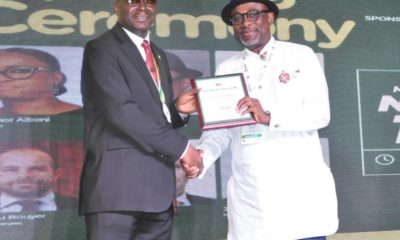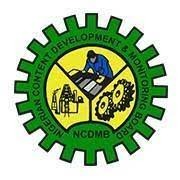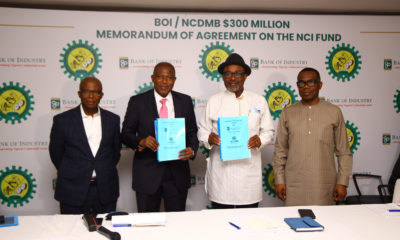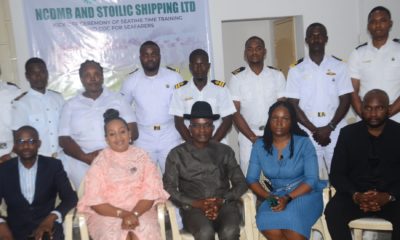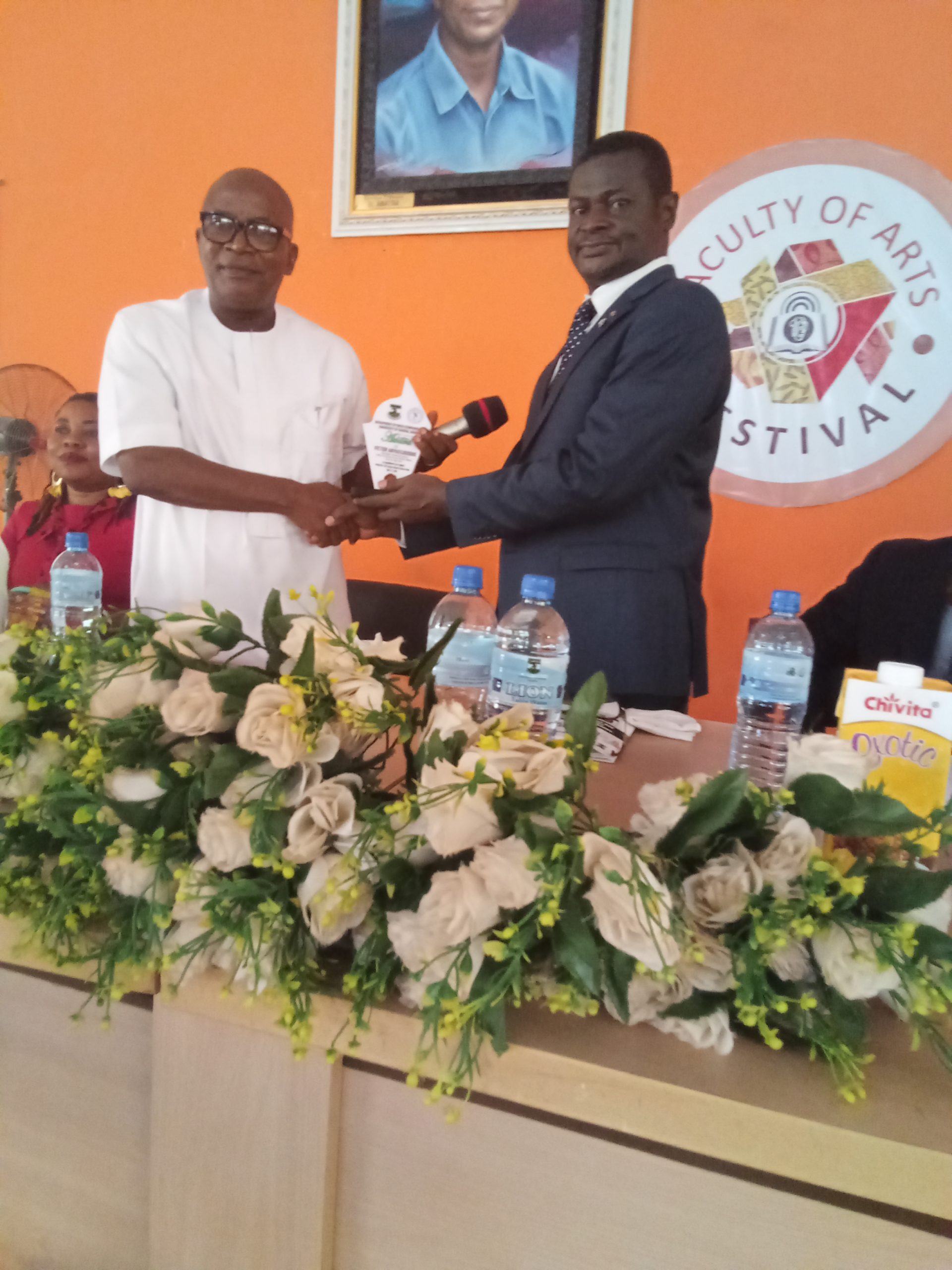Energy
NCDMB Proffers Guideposts For Sustainable Local Content Practice In Africa
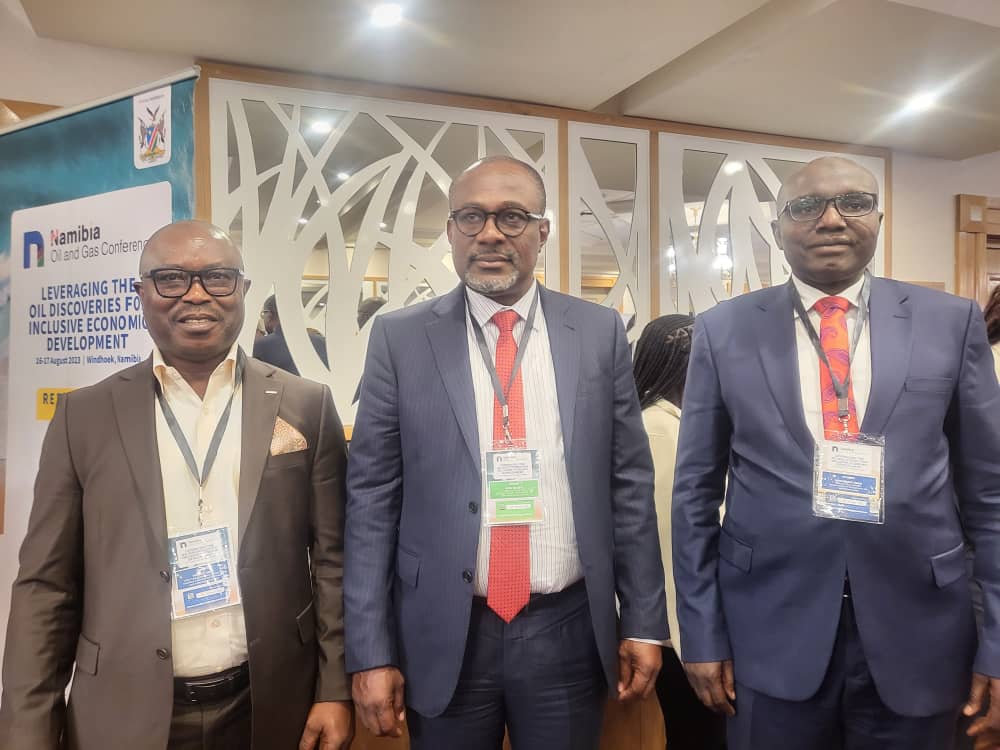
On the heels of remarkable discovery and exploration of oil and gas resources across several countries in Africa, the Nigerian Content Development and Monitoring Board (NCDMB) on Wednesday proffered strategies that would enable those nations to institute sustainable Local Content practices, achieve in-country value addition, and benefit maximally from the exploitation of their hydrocarbon resources.
The Executive Secretary NCDMB, Engr. Simbi Kesiye Wabote offered the suggestions at the two-day Namibia Oil and Gas Conference holding in Windhoek, Namibia. He hinted that Africa currently accounts for about 12% of annual global oil production, but only consumes less than 4% of the global production, describing the situation as potential opportunities in production, processing and utilization of oil and gas within the continent for improvement in the standard of living.
Speaking as the preeminent local content advocate in Africa, the NCDMB boss gave an overview of key parameters that are critical to in-country value addition and growth of the sector on a sustainable basis. These are Regulatory Framework, Gap Analysis, Capacity Building, Funding and Incentives, Research and Development, and Access to Market.
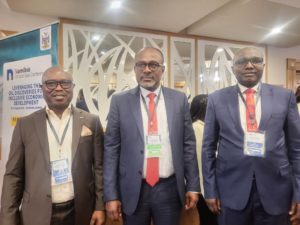
Director Corporate Services NCDMB, Mr. Patrick Obah; Executive Secretary NCDMB, Engr. Simbi Kesiye Wabote and Director Legal Services, Mr. Umar Babangida at the two-day Namibia Oil and Gas Conference held in Windhoek, Namibia.
Citing the example of the Nigerian Oil and Gas Industry Content Development (NOGICD) Act, 2010, he said: “An enabling regulatory framework backed with the appropriate legislation is very fundamental in local content practice,” and that it is “better than directives or policies that are subject to speculations or compliance on ‘best endeavour’ basis. According to him, once such a statute is in place “It is no longer optional or debatable whether to comply with local content requirements.”
Among lessons under the regulatory environment parameter he said, “The law must promote and enable investments rather than become a stumbling block to existing or new investors both locally and internationally,” and that “Provisions should be made in the law to address any lacuna without having to review the entire law such as the provision in the NOGICD Act for utilization of Ministerial Regulations to address any gaps or opportunities.”
Besides, he noted, a regulator “must be pragmatic in applying the law as the oil and gas industry is very dynamic such that aspirational goals and prevailing realities are not always on the same trajectory.”
On Gap Analysis, the NCDMB boss said, “Baseline and periodic gap analyses are essential to determine gaps that are needed to be closed in the areas of skills, facilities and infrastructure.” Lessons learnt so far in that regard show that “All gaps cannot be closed overnight even if you have the resources to do it,” and that it would be necessary to “prioritize areas of high impact and deploy prudent implementation measures.”
Structured capacity building intervention, according to him, “is essential to spur the development of in-country capacities and capabilities,” but implementation of major projects is a prerequisite. In his words, “Continuous and well sequenced stream of major projects is important to sustain utilization of established capacities and attract additional investments for growth.”
Funding and Incentives, he emphasized, are essential to implement local content programs, develop infrastructure, attract new investments, and keep existing businesses afloat where required.” He cited the Nigerian Content Development Fund (NCDF) provided for in the NOGICD Act, which has so far been deployed in the launch of the $350 million Nigerian Content Intervention Fund, the ongoing development of the Nigerian Oil and Gas Parks Scheme (NOGAPS), and construction of the 17-storey corporate headquarters of the Board.
On Research and Development, Engr. Wabote said, “Local content thrives where there are robust Research and Development guidelines to drive development of home-grown technology,” pointing out that in Nigeria there is “a $50 million Nigerian Content Research and Development Fund to drive basic research, commercialization of research breakthroughs, establishment of Centers of Excellence, and to sponsor university endowments.”
Access to Market, the Executive Secretary observed, is very essential, noting that “The policies or laws, the capacities developed, and the research and development efforts will become frustrating if there is no outlet to utilize them and receive reward for sustainability and growth. He equally pointed to “opportunities realizable from the African Continental Free Trade Agreement (AfCFTA).
The presentation of the NCDMB boss was rounded off with an appeal that Namibia do her best “to avoid Dutch Disease syndrome in which rapid development of your oil and gas industry leads to a decline in other sectors of the Namibian economy.”
He added that “this exciting era of oil and gas discoveries and their development should not lead to decline or abandonment of…mining, fishing, agriculture and tourism sectors of the economy.”
The Conference, organised by the Economic Association of Namibia (EAN), Namibia Investment Promotion and Development Board (NIPDB) and the Hanns Seidel Foundation (HSF) in strategic partnership with the National Petroleum Corporation of Namibia (NAMCOR) ended on Thursday.
Energy
NNPC Ltd, Partner Unlock 12,000bpd Production From Awoba Unit Field
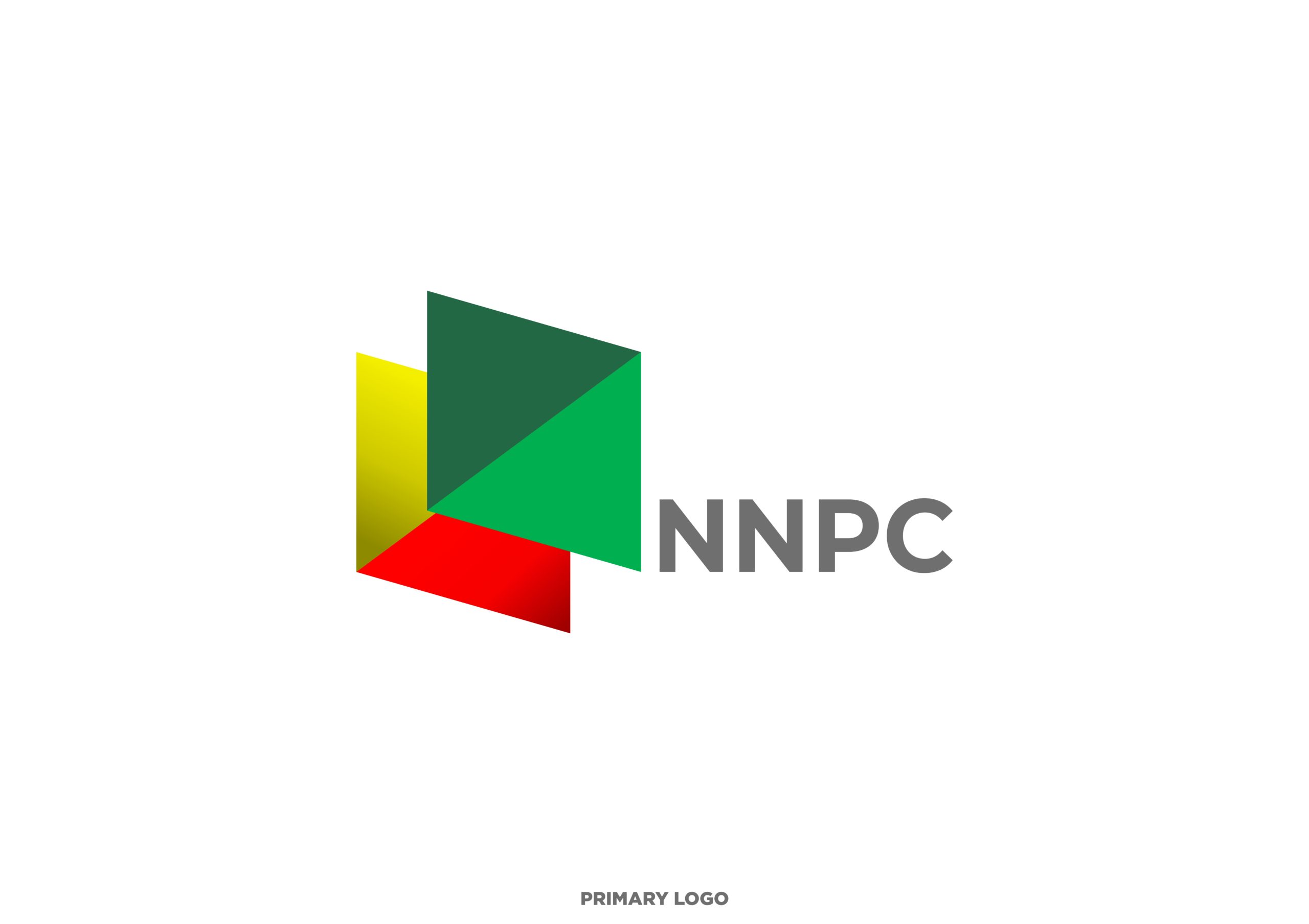
Keen on optimising production from the nation’s hydrocarbon assets to boost revenues and meet her OPEC production quota, the Nigerian National Petroleum Company Limited (NNPC Ltd.) and its Joint Venture partner in the Awoba Unit Field, Newcross Exploration and Production Ltd., have restarted production from the Awoba field which last contributed production to the Bonny Terminal in 2021 and was finally shut down in February 2022 due to evacuation issues and crude oil theft.
This was contained in a statement put out on the state oil company’s X handle on Tuesday from Abuja, under the signature of its Chief Corporate Communications Officer, Olufemi O. Soneye.
He asserted that since the restart of the Awoba field by NNPC Ltd and it partners on April 13, 2024; production from the field has averaged 8,000 barrels per day and is expected to plateau at 12,000 per day at full ramp up within 30 days.
Awoba is also expected to significantly boost gas supply to the power sector and other gas-based industries, Soneye added.
Biztellers reports that the Awoba Unit which straddles OMLs 18 and 24 is located in the mangrove swamp south of Port Harcourt, Rivers State. Both OML 18 and OML 24 assets are under the management of the NNPC Upstream Investment Management Services (NUIMS).
Recall that the NNPC Ltd. has been recording a string of production successes from the JV portfolio which have significantly lifted overall national production. Besides the recent start of production at the Madu Field by the NNPC Ltd/First E&P JV, the company has achieved the restart of production at OMLs 29 and OML 18 in late 2023 which have steadily contributed an average of 60,000bpd to the nation’s production output since their restart.
The Group Chief Executive Officer of NNPC Ltd., Mallam Mele Kyari, ascribed the achievement to the President Bola Ahmed Tinubu administration’s success in providing enabling operating environment for businesses to thrive.
He expressed appreciation to all stakeholders (staff, operators, host communities, government security agencies, and private security contractors) who played a pivotal role in achieving the feat.
Energy
NNPC Ltd, First E&P Achieve 20,000bpd Production At OML 85
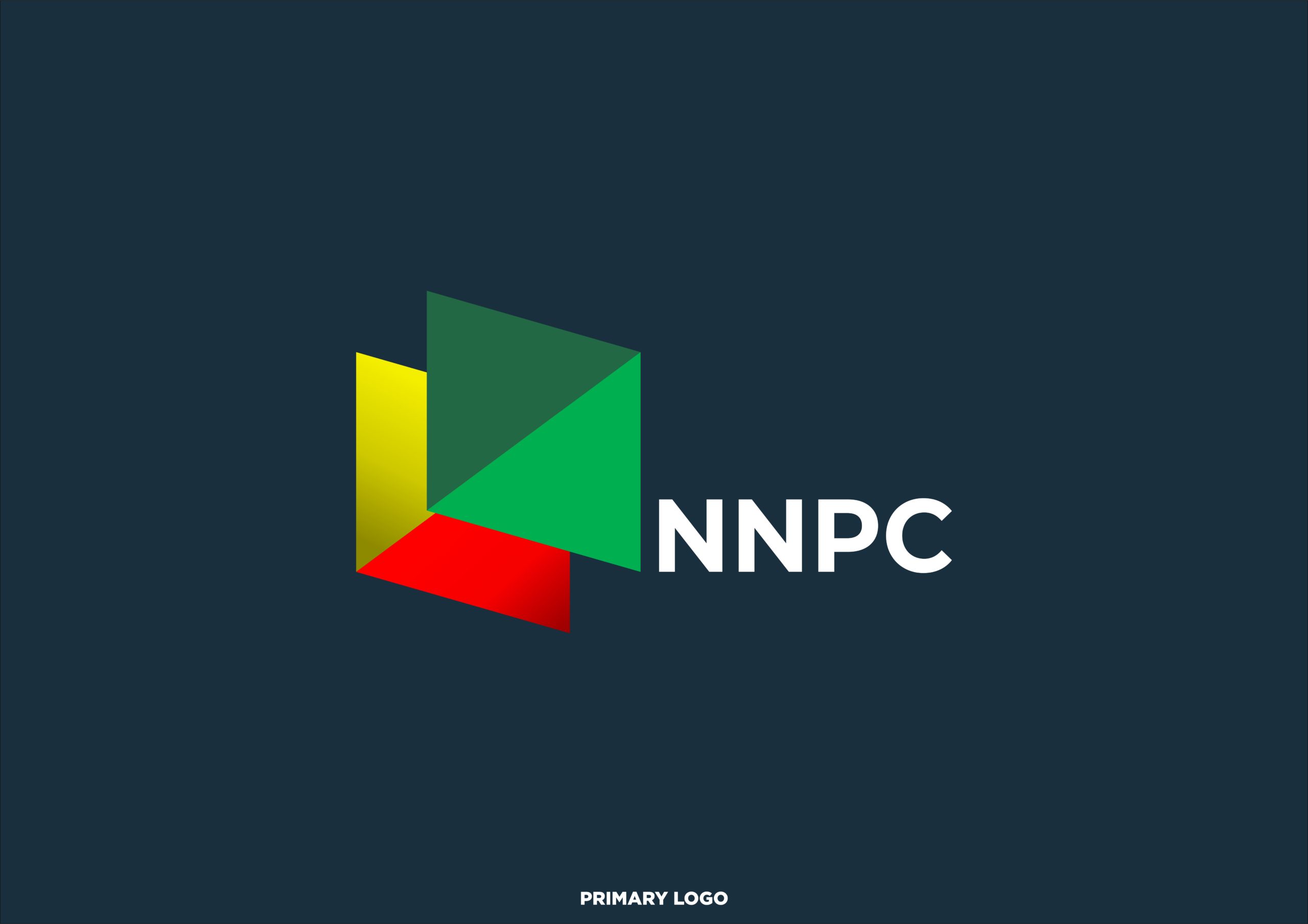
The Nigerian National Petroleum Company Limited (NNPC Ltd) and its Joint Venture partner in OML 85, First Exploration and Petroleum Development Company Limited (First E&P), have commenced oil production from the asset also known as Madu Field.
Biztellers reports that production from the field which is located in shallow waters offshore Bayelsa State and operated by First E&P is expected to be at an average of 20,000 barrels per day.
The achievement is a testament to the commitment of the President Bola Tinubu administration to optimise production from the nation’s oil and gas assets through the provision of enabling environment for existing and prospective investors.
According to the Group Chief Executive Officer of NNPC Ltd, Mele Kyari, the commencement of oil production at the Madu Field is a significant milestone that will contribute to the larger goal of meeting the production required to drive revenue growth and boost the nation’s economy.
He commended stakeholders for their support, and opined that the addition of 20,000 barrels per day by an indigenous oil player signals the commitment of stakeholders to achieving economic development for Nigeria.
Recall that the Final Investment Decision (FID) on the development of the Madu Field and a sister field, Anyala, was taken by the NNPC Ltd/First E&P JV in 2018.
Production from the Madu Field will be processed at the JV’s Abigail-Joseph Floating Production Storage and Offloading (FPSO) Unit, which has a crude oil storage capacity of up to 800,000bbls.
Energy
Chevron Counters False Recruitment Information
Chevron Nigeria Limited (CNL) has denounced stories being peddled around that it is recruiting.
General Manager, Policy, Government & Public Affairs, CNL, E. O. Brikinn, denounced the stories in a statement made available to Biztellers, in which he cautioned that the company will not respond to enquiries about “fraudulent advertisements and job offers”.
It reads, “Chevron Nigeria Limited (“CNL”), operator of the Nigerian National Petroleum Company Limited (“NNPCL”) and CNL Joint Venture, is aware of the circulation of false recruitment information in some media and online channels in the name of CNL and Chevron Corporation, purportedly advertising job positions in CNL.
“Additionally, fraudulent job offers have reportedly been sent through emails, text messages and phone calls by individuals purporting to be staff or representatives of CNL and Chevron Corporation.
“Members of the public are hereby notified that CNL does not solicit job applications or initiate recruitment processes through emails, posters, handbills, text messages, social media, or phone calls.
“Job seekers are advised to always check the company’s website at: http:/www.careers.chevron.com, and the national newspapers for job advertisements from CNL.
“CNL does not and will not require applicants to make any payment towards processing any job application. Job offers requesting candidates to pay money, at any point during the recruitment process, are not from CNL. CNL advises that anyone who receives these fraudulent communications should report them to the appropriate law enforcement agencies.
“CNL hereby dissociates itself from all false job adverts and offers published in any online media platform, web site, email, poster, handbill or any other medium.
“CNL will not respond to enquiries about fraudulent advertisements and job offers.”

